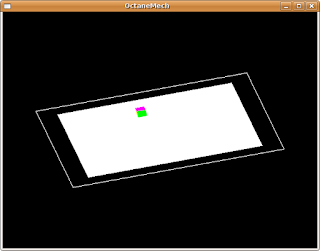Overview Writing this will get me banned from the development community for life. Actually, I don't know if I really belong to any development community so I guess I can sleep soundly at night. Basically, unless you are living under a rock, the development world has made great strides in terms of language development. There are at least a dozen popular/mainstream programming languages that are used to perform various computing tasks. Some are open sourced, some are closed. Some are geared towards a specific niche in computing. Some are more general purpose languages. Java , C, C++, C#, Haskell, Common Lisp, Python, Ruby, Erlang Assembly/Machine Language (x86 for example) are probably some you have heard of. Lets get to the point (this is really about Java); Java and some other imperative languages that are defined by a sequence of steps to define a particular task (which can be cumbersome) are not as productive as declarative programming styles where the step-by-step inner worki...


